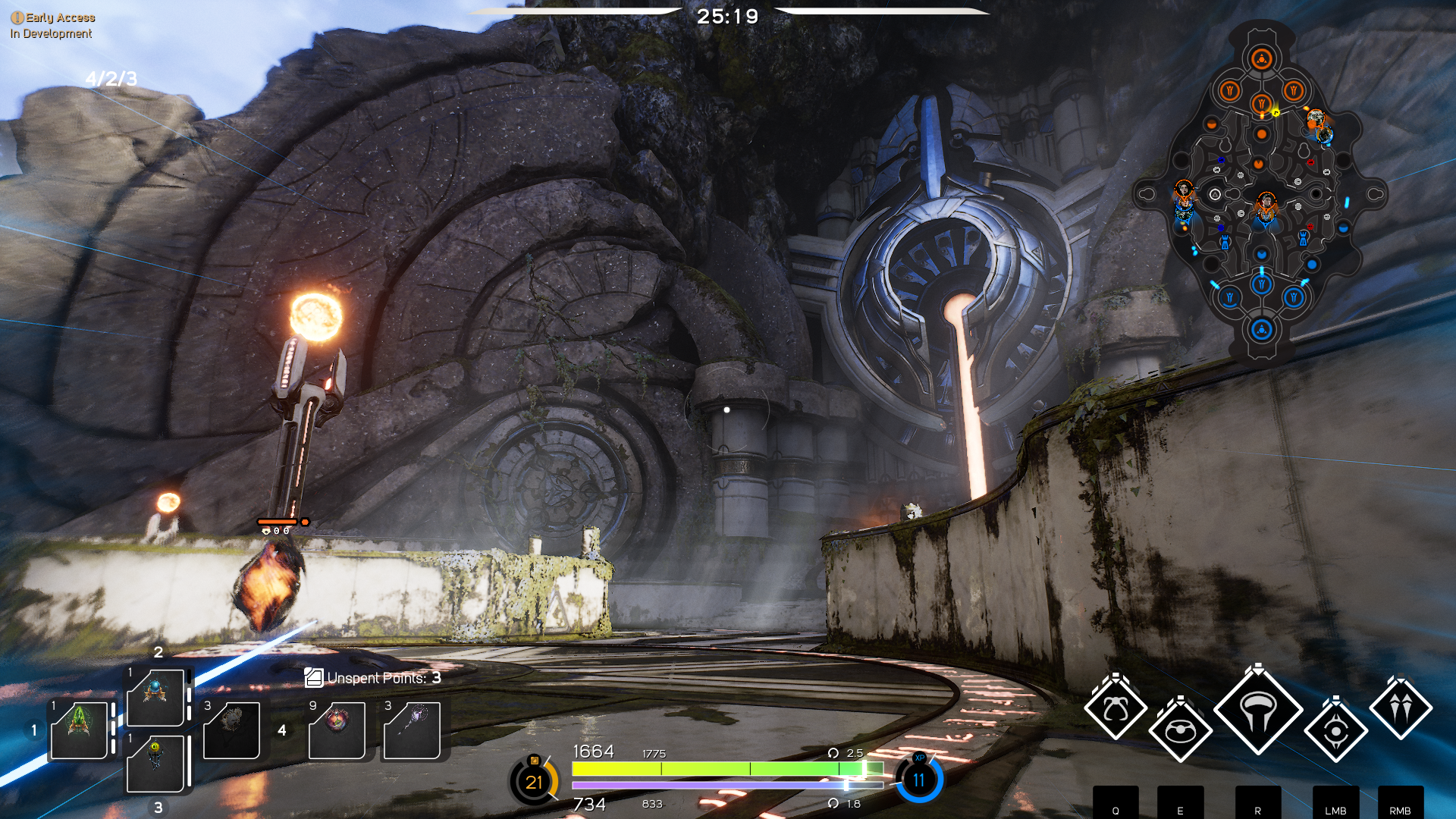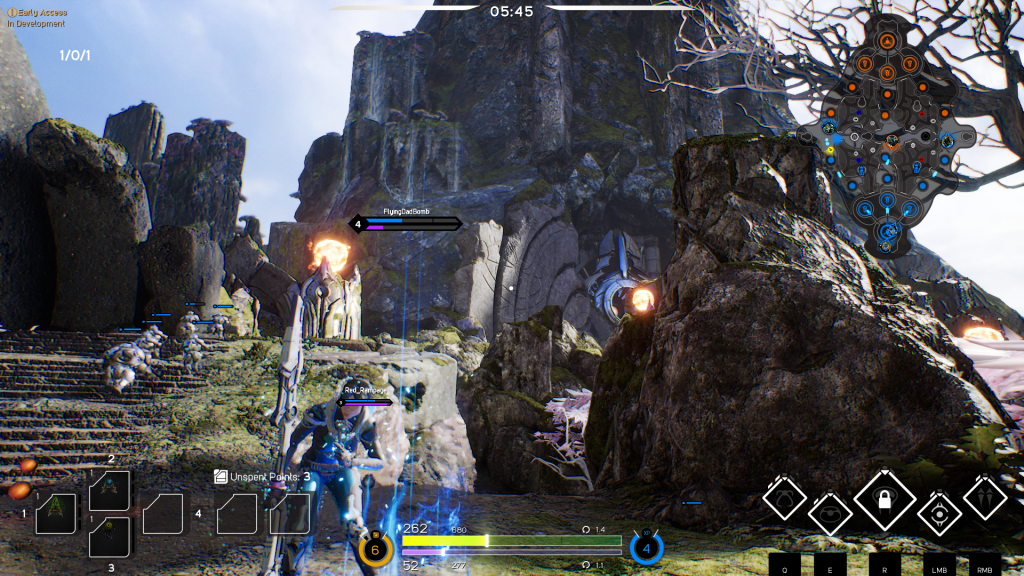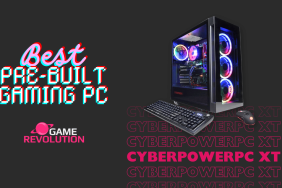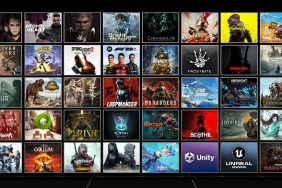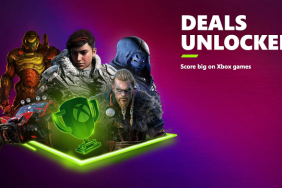MOBAs are taking over the world … That’s an overstatement.
MOBAs are taking over video games. That’s reality.
League of Legends is easily the most popular online video game ever, while Valve’s Dota 2 has the prestige and history, and has also held the largest and second largest prize pool for an eSport tournament ever by at least $7 million. Sheer numbers alone must have video game studios drooling.
Not to mention the fact that MOBAs are really fun. As someone who spent more than two thousand hours playing Dota 2, a figure I’m certain is greater than my time spent on any other non-biological activity, I can attest to the addictive nature of MOBAs.
So, whether it be out of the excitement of making a game that can reach a huge and ravenous audience or the enticing monetization potential, developers have been eager to dip their feet in the MOBA scene. Deep Silver tried (and failed) with Dead Island: Epidemic, and Orcs Must Die! even took the framework of a MOBA for Unchained, after starting off with two well-received tower defense games.
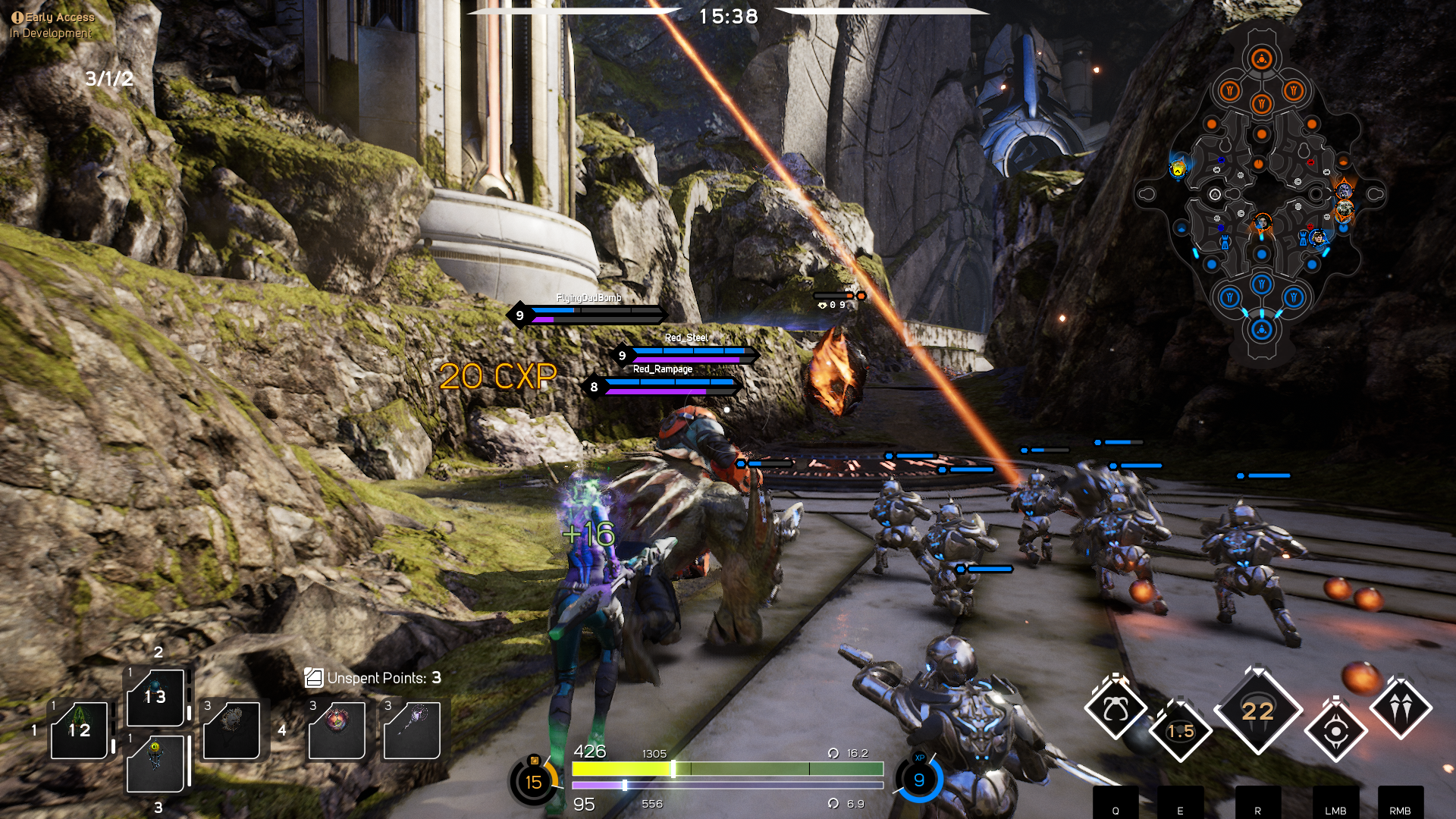
Next up is Epic Games, with their Early Access (not to be confused with Steam Early Access) title Paragon. This most recent title takes the third-person MOBA approach, popularized by SMITE. This will irk top-down enthusiasts, and they aren’t wrong.
With few, if any exceptions, third-person perspective MOBAs eliminate targeted abilities in favor of AOE and skill shots, and Paragon falls prey to these pitfalls in almost all of their heroes. This creates heroes who too often feel the same. Nine of the thirteen heroes in Paragon have gap-closers. Six of them have ultimates that boil down to “massive damage in an AOE.”
To any Dota players whose interest may have been piqued by Epic Games’ involvement, this next omission will seem the most glaring. Only two heroes have hard stuns, one on an ultimate and neither longer than 2 seconds. MOBAs in general seem to be afraid of stuns, but the truth is that, without them, the importance of things like positioning and decision-making are diminished, because even the squishiest of heroes can get away from what should be certain death. In Dota 2, you can get out of position for a split second and die because of it.
The last comparison I will make to Dota 2 (Paragon was clearly designed for a different audience, and that’s okay) is in the community. In my first online game, my team got stomped, and I didn’t hear a peep from anyone. In Dota 2, the community never fails to eviscerate you for the slightest mistake. Now, it sounds like I’m complimenting the Paragon community, but I’m not. Being new, I wasn’t really sure who did what wrong and why. In Dota 2, sprinkled in with generally mean comments about my lisp was genuine criticism that helped me grow as a player. My message to Paragon players: get meaner.
Paragon really needs to be looked at in its own right, though, because it has a lot of good stuff going for it. While I did criticize hero variety, and I stand by that, they do have a few shining examples of genuinely interesting and complex ideas, and I want to see more of that going forward. If Paragon has an avenue for success in this cutthroat MOBA market, it will be by making memorable heroes.
Paragon also uses a card system, which the aforementioned Orcs Must Die! Unchained also uses. Each hero has a starter deck of cards that act as upgradeable items with mostly passive upgrades to your hero’s stats and that can be bought with experience earned through killing minions, towers, and enemies. By gaining card packs through playing, you can customize your deck for each hero, creating the perfect build before every match.
Where Paragon sets itself above the likes of Orcs Must Die! Unchained is in its refusal to monetize this feature. While you can purchase card packs with real money, it is not unduly burdensome to get them through playing, and I’ve heard that before and not believed, but it really seems to be the case at the moment. Hopefully, Epic Games will resist the temptation, because nothing can kill a new MOBA faster than being pay-to-win.
As long as MOBAs are here to stay, you could do a lot worse than Paragon, and the potential to be something truly great is here. We’ll just have to wait and see how it grows and changes with further development.
Paragon Early Access
-
Paragon Early Access #1
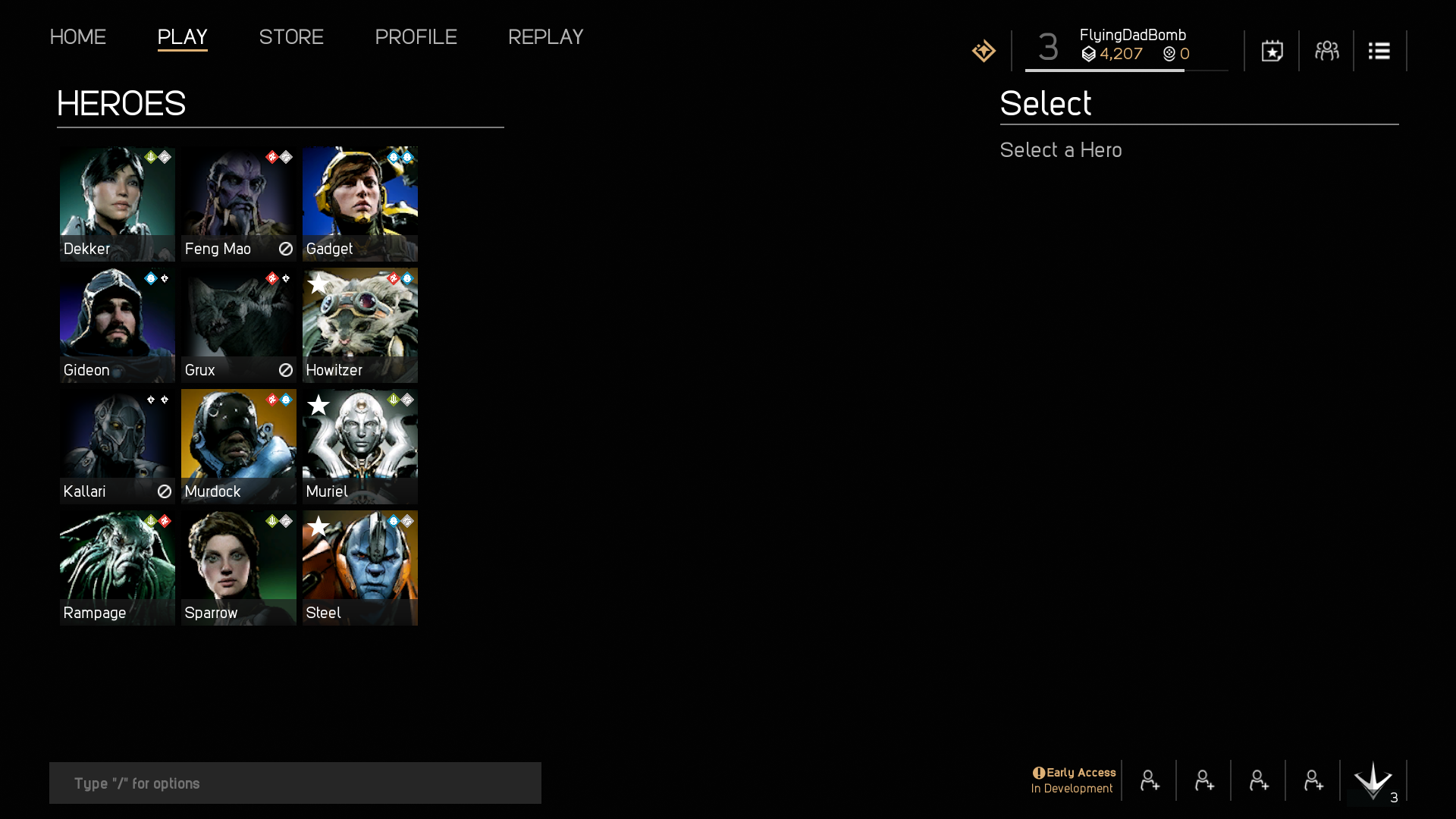
-
Paragon Early Access #2
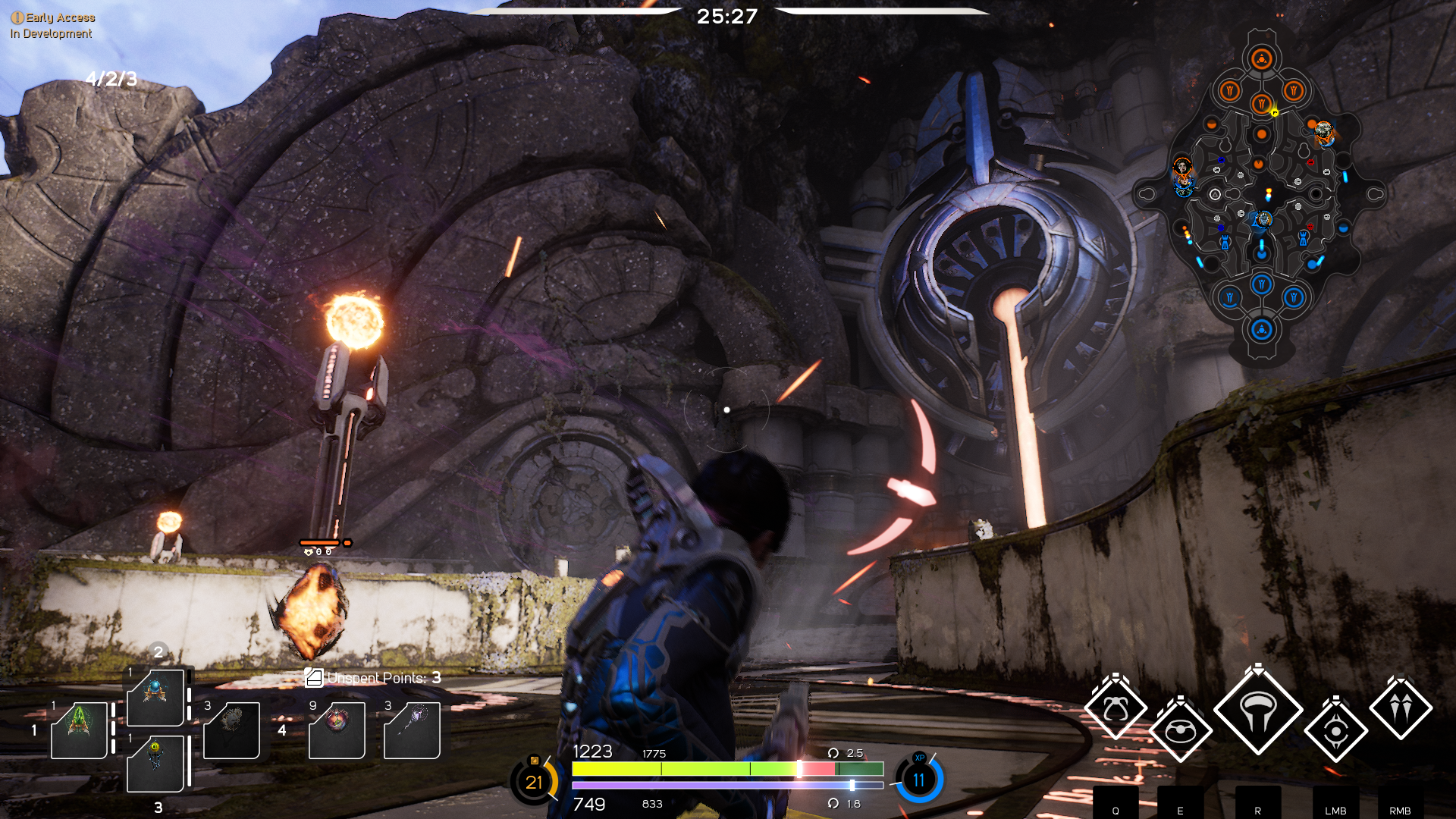
-
Paragon Early Access #3
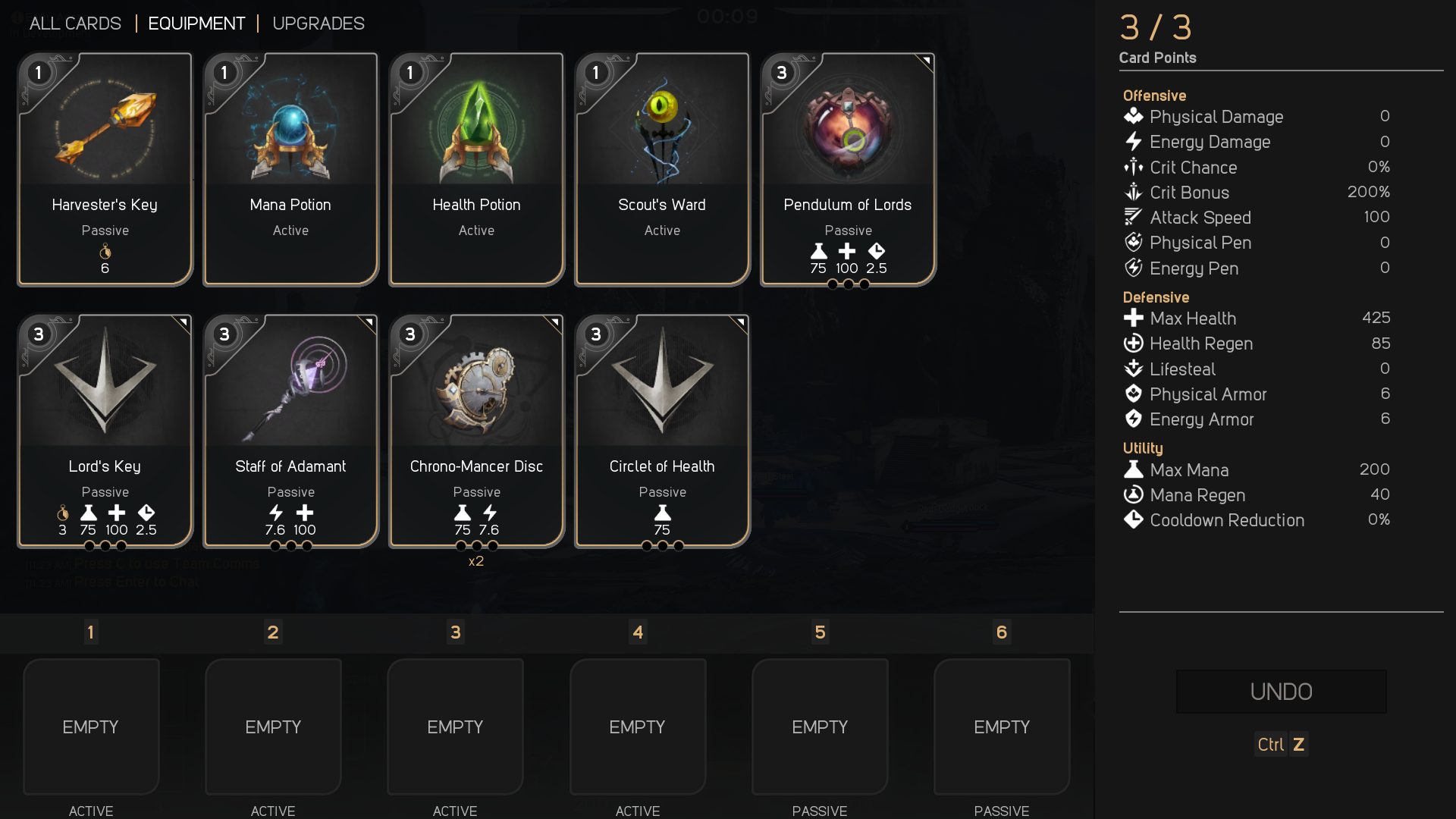
-
Paragon Early Access #4
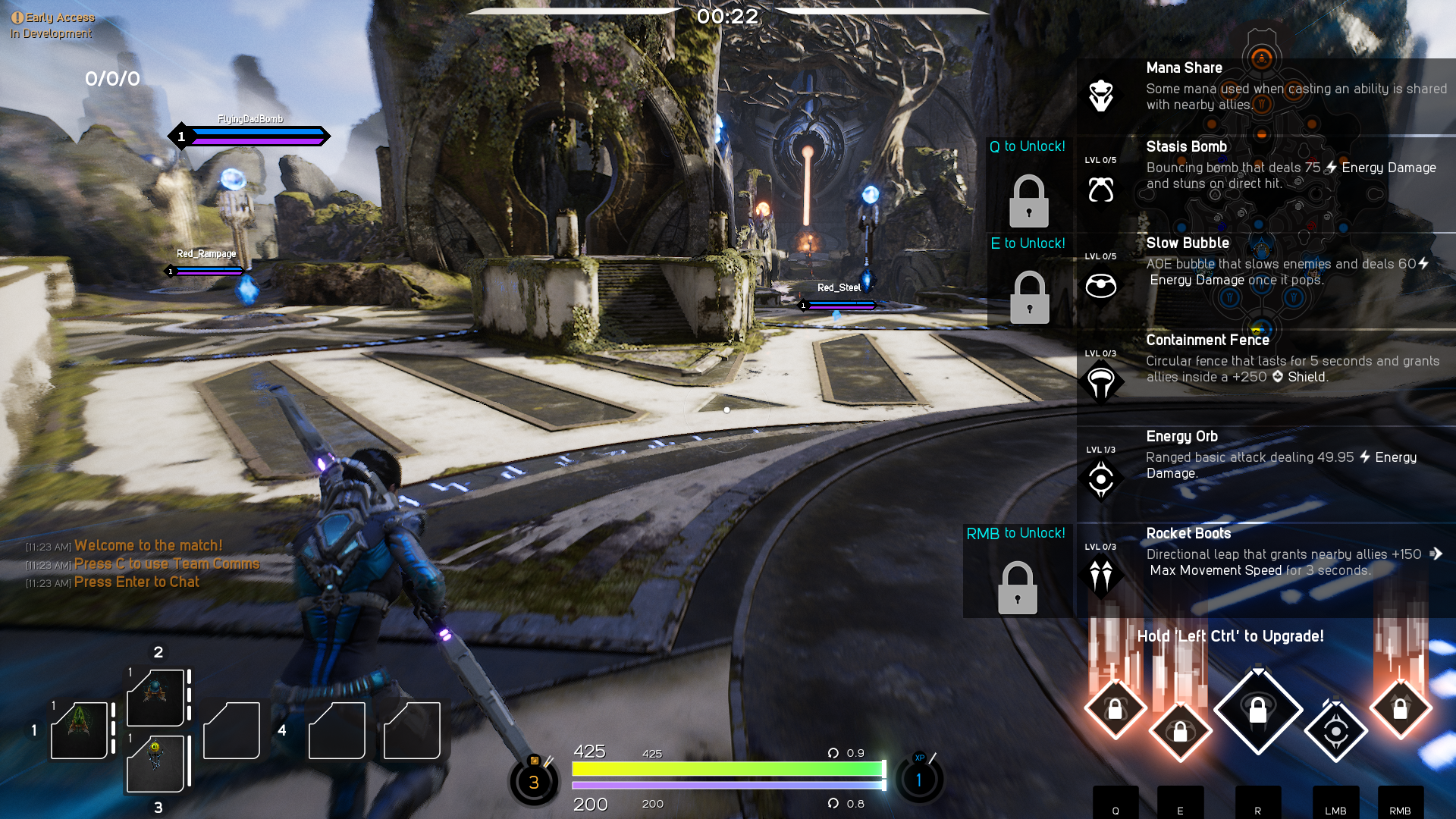
-
Paragon Early Access #5
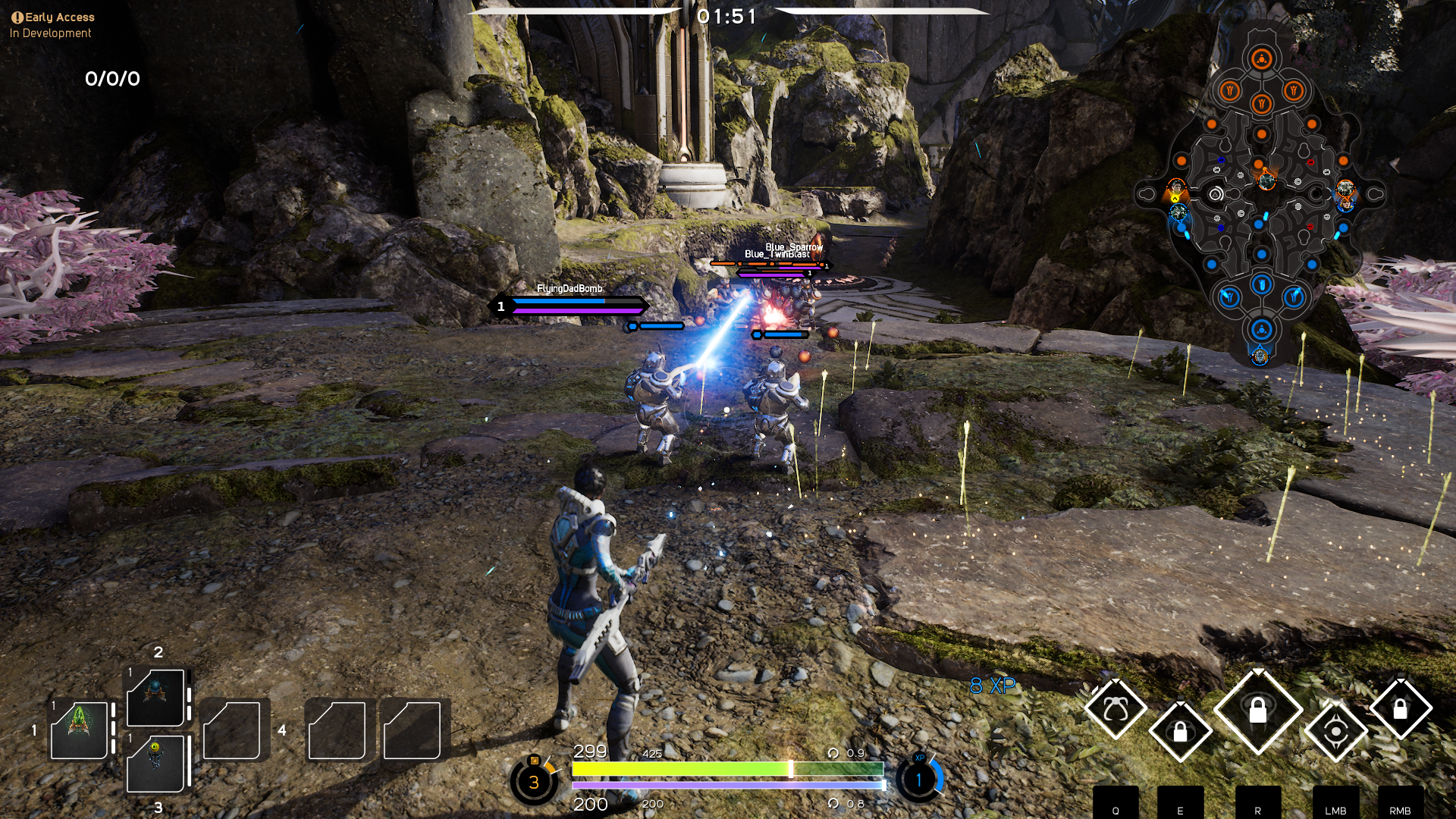
-
Paragon Early Access #6
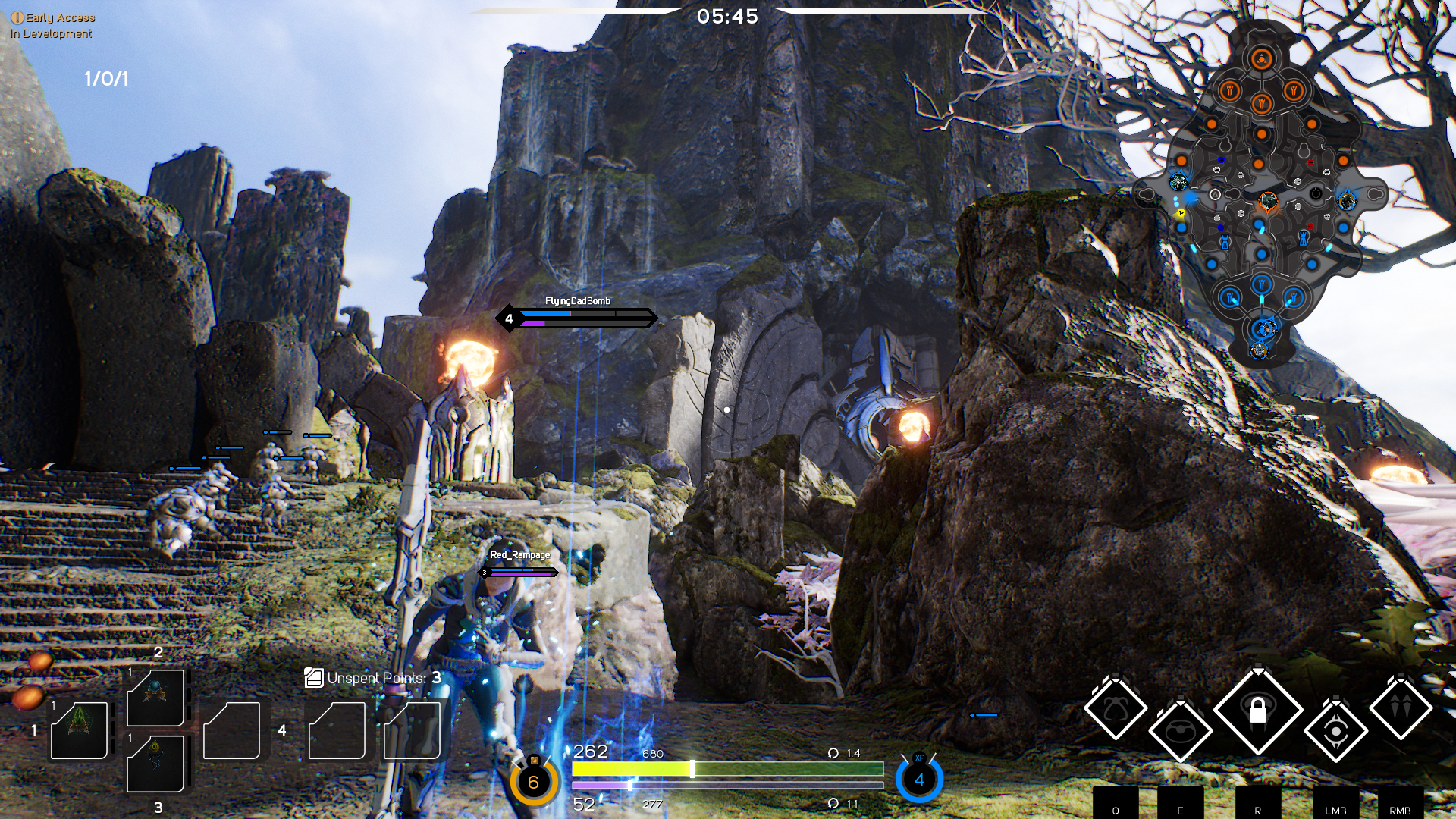
-
Paragon Early Access #7
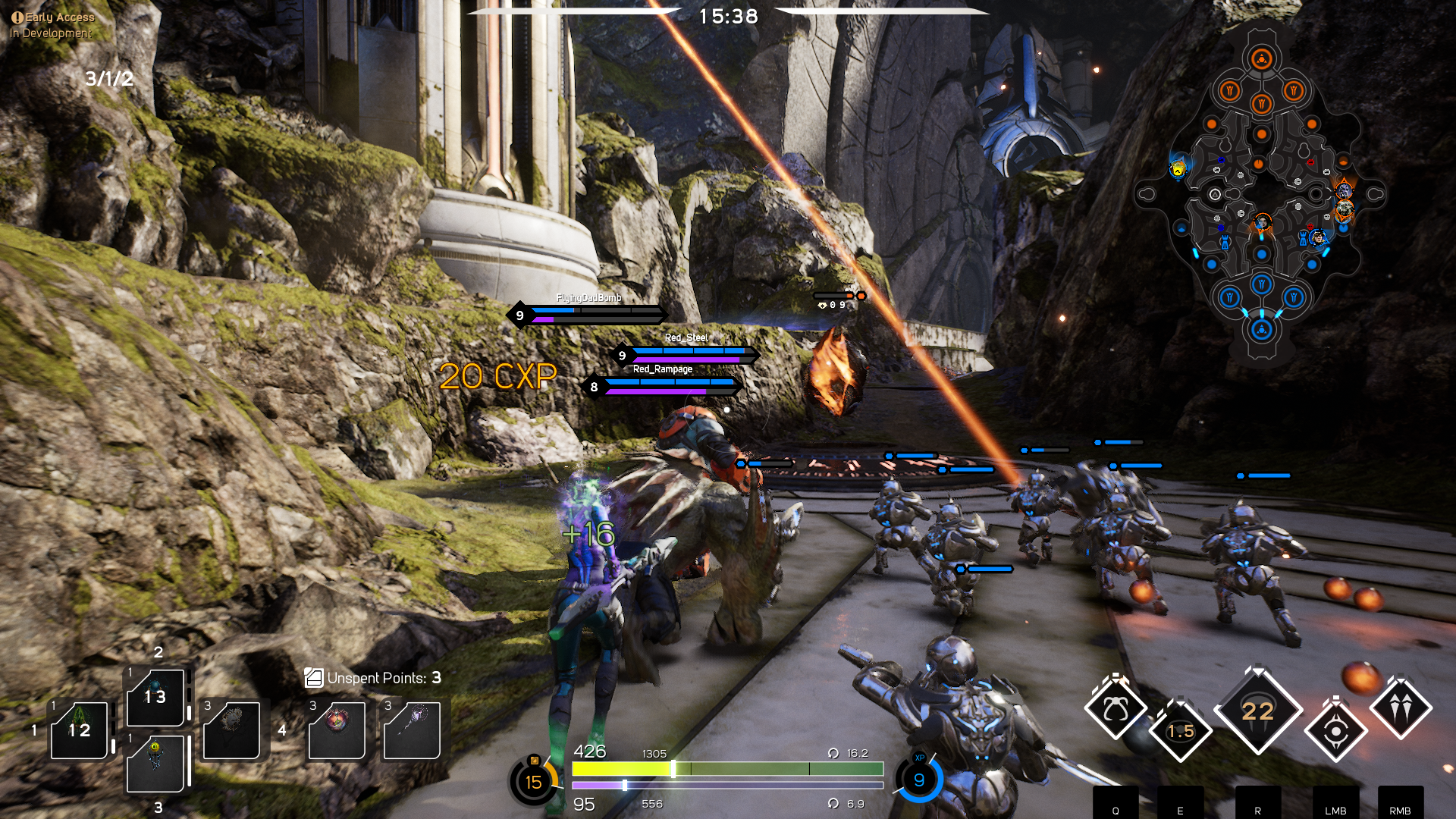
-
Paragon Early Access #8
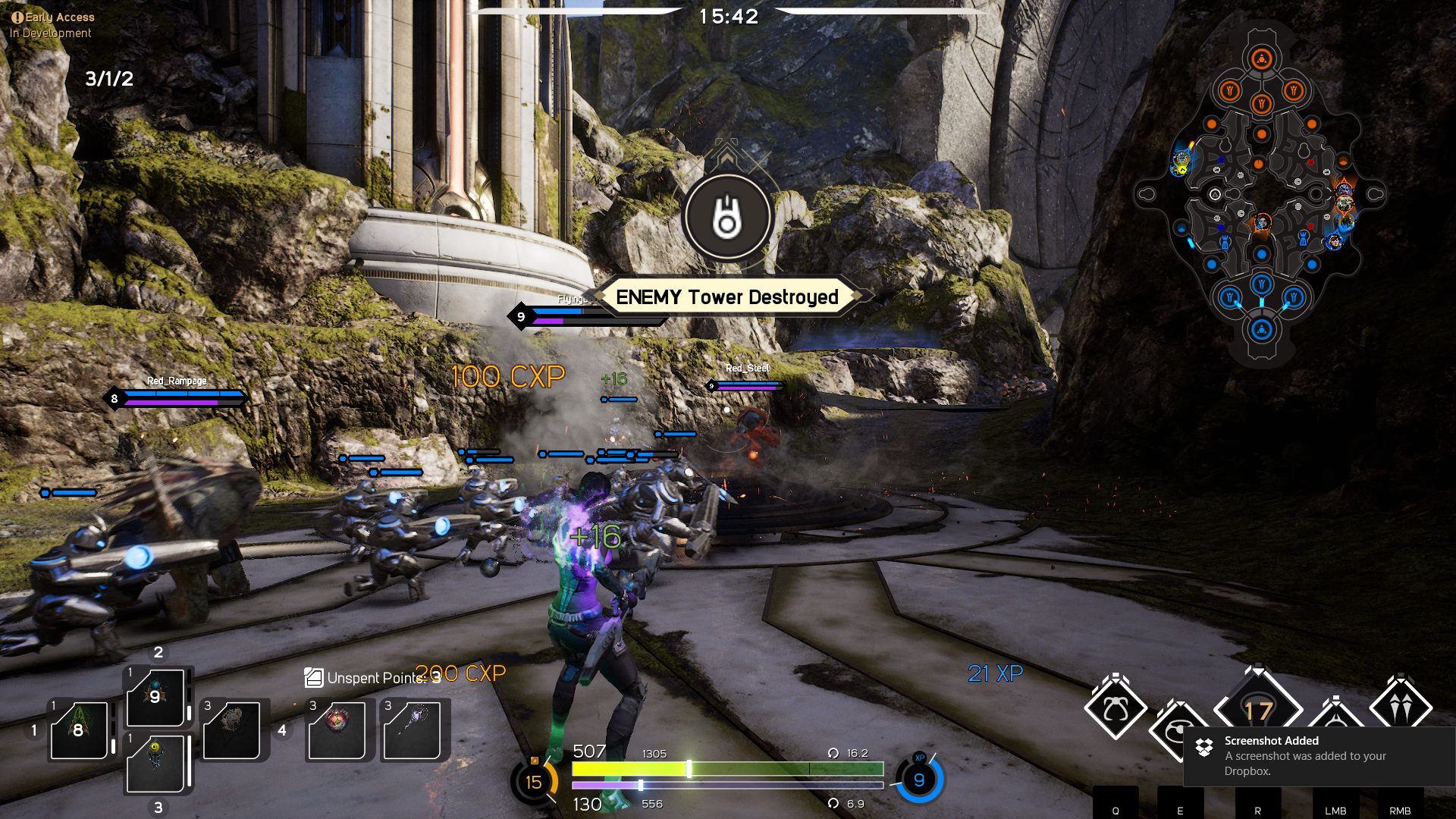
-
Paragon Early Access #9
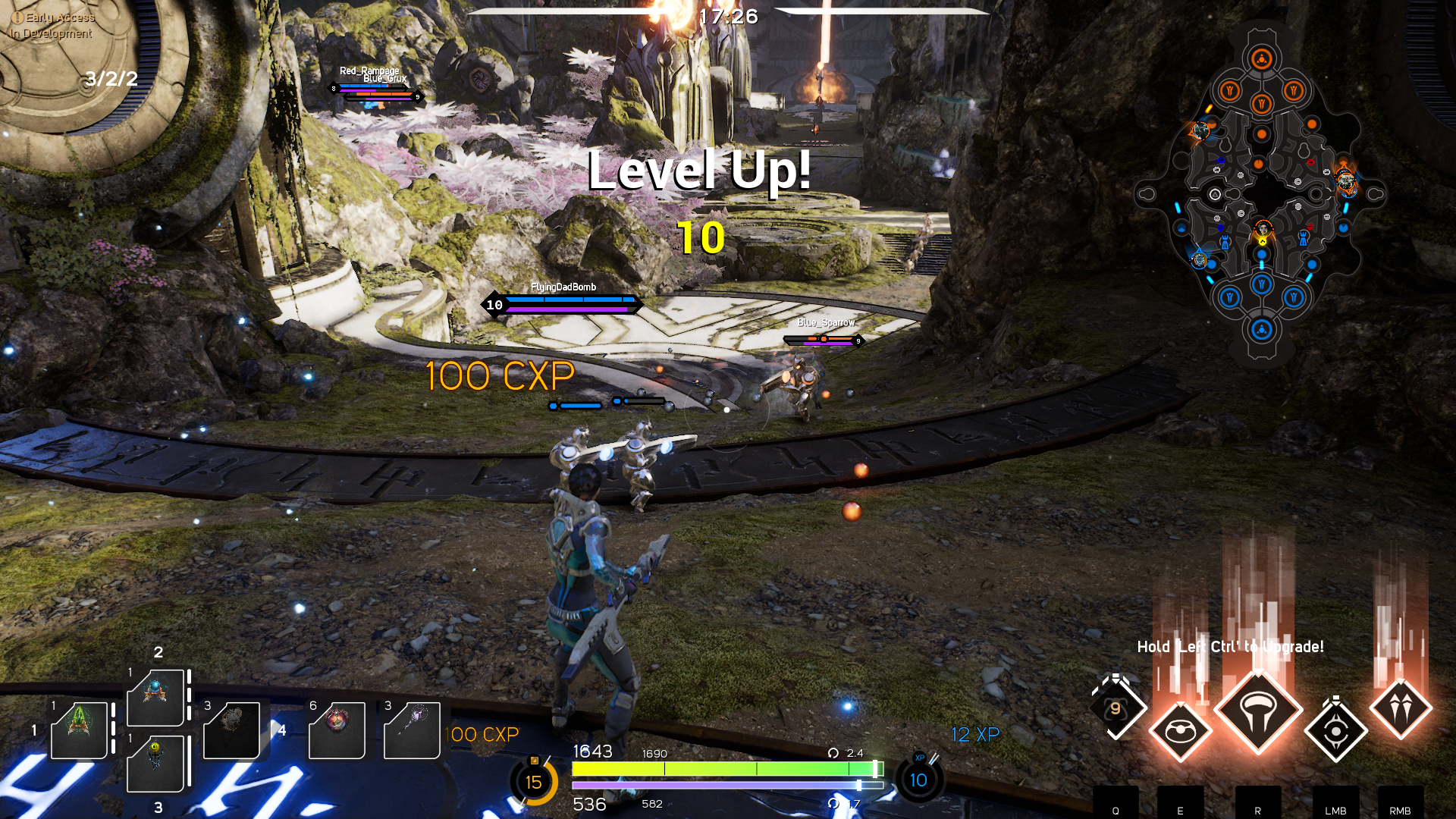
-
Paragon Early Access #10
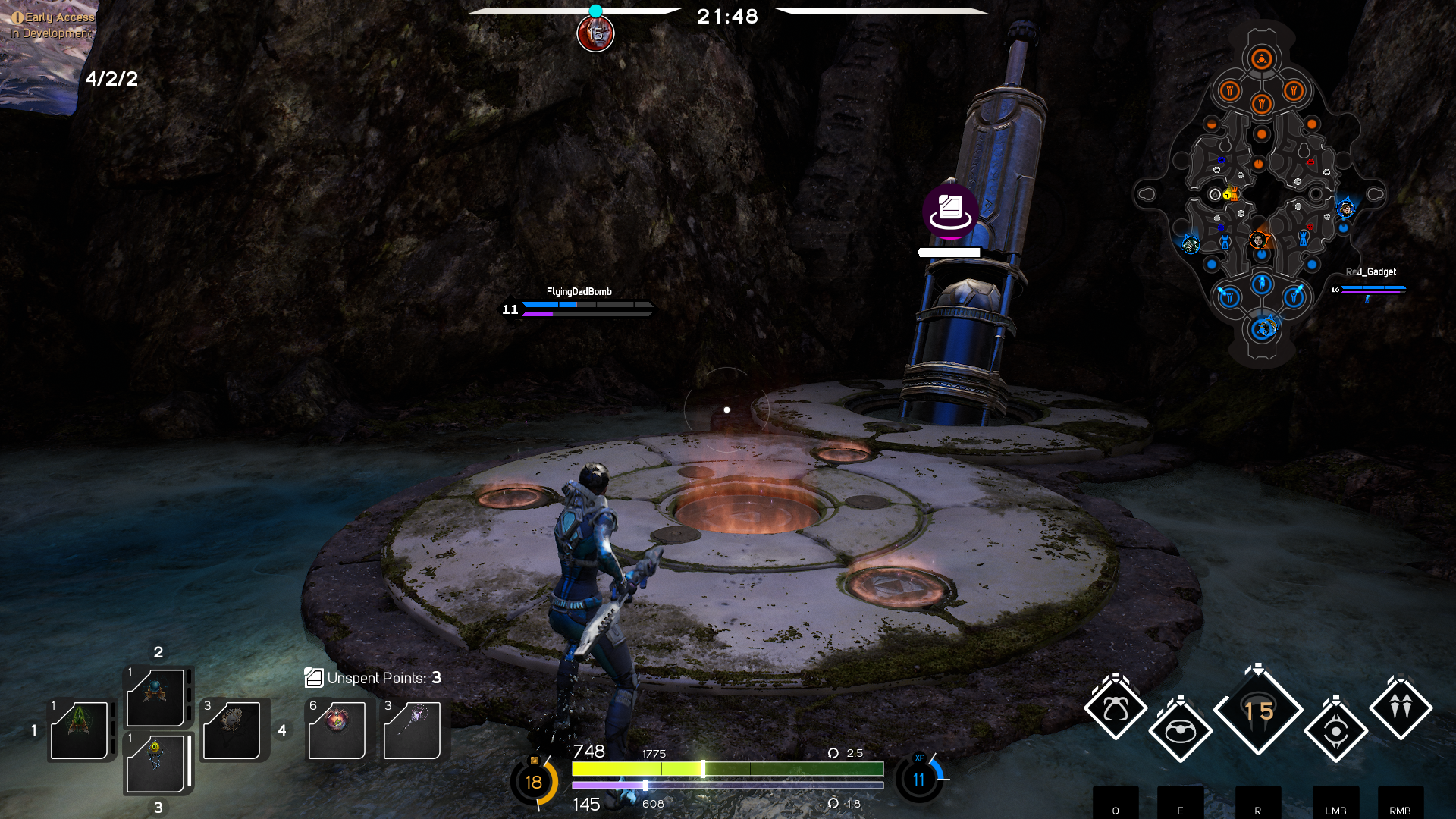
-
Paragon Early Access #11
